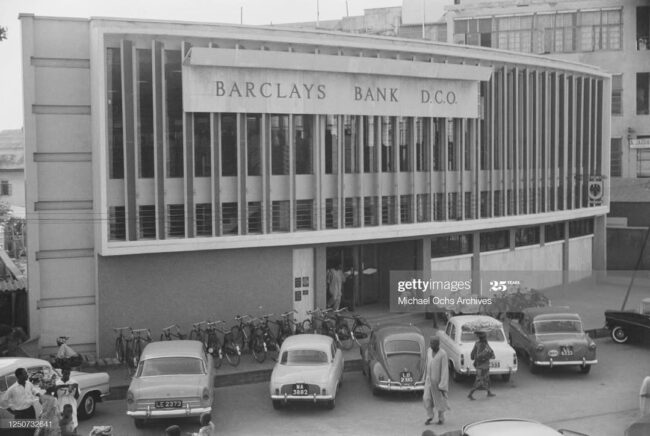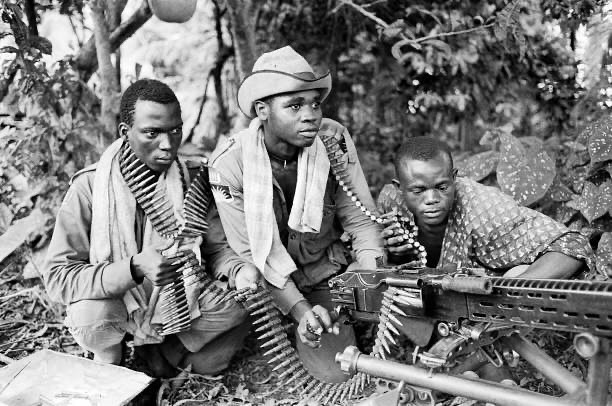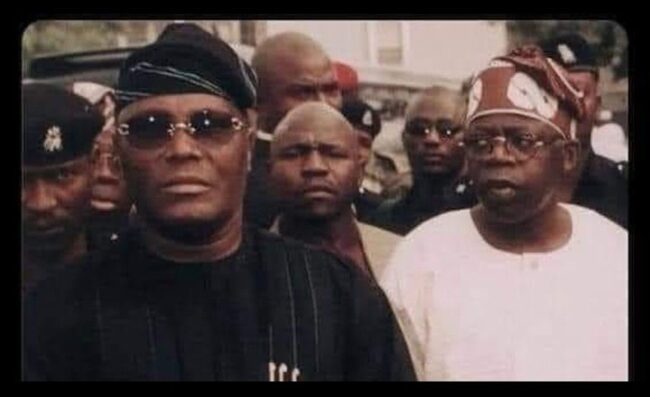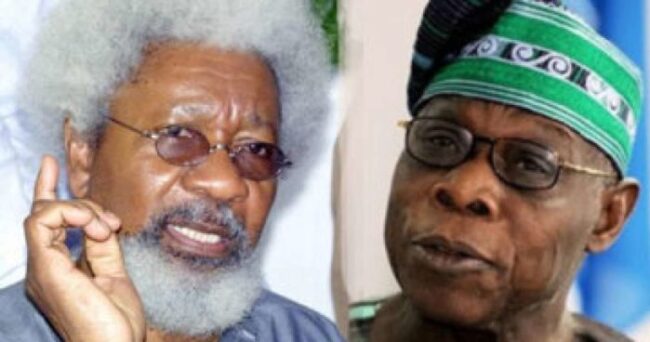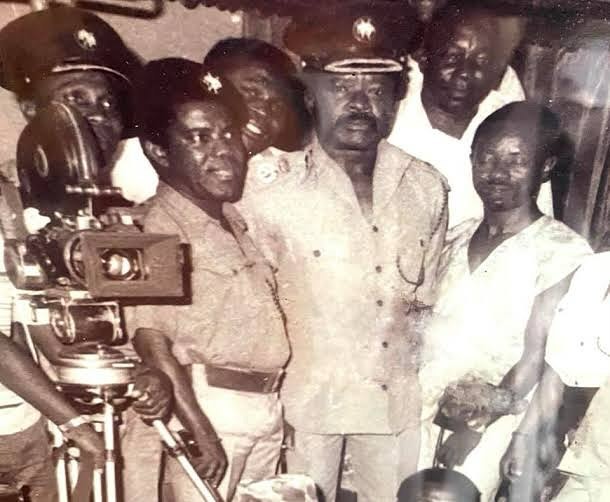Historic Origination of the City of Calabar, The People’s Pride.
The Calabar, the city we now name Calabar, formerly known as Ata Akpa, was a group of Efik towns that functioned as the departure point for slaves who were seized in the hinterland and traded for weapons, clothing, ammunition, and beads. The Portuguese explorer Diogo Cao is thought to have come up with the name Calabar during his explorations in the fifteenth century. In reference to the tranquil bar where ships could weigh anchor, the name is said to have come from the Portuguese word calabbara, which meaning calm bar. Nigeria’s Calabar, which is situated on the eastern bank of the Qua River, is home to a distinctive monarchy. They receive two crowns! both conventionally and through a Christian ritual. The colonialists’ encroachment into Calabar land was not opposed by the Calabar rulers. In 1884, the town’s residents and Queen Victoria of England signed a covenant of friendship and protection. In 1878, she had already sent the regalia for King Archibong Ill’s coronation. Up until 1906, Calabar served as the administrative center of the region that would eventually become southern Nigeria. The city, which hosted Nigeria’s inaugural football match in 1904, is now unquestionably the country’s tourism center and hosts a vibrant Carnival every December.

